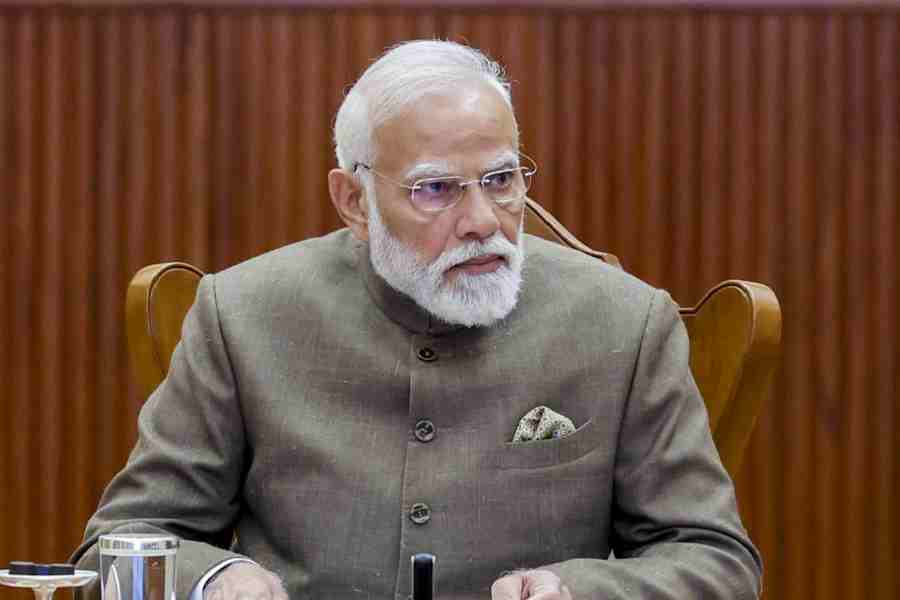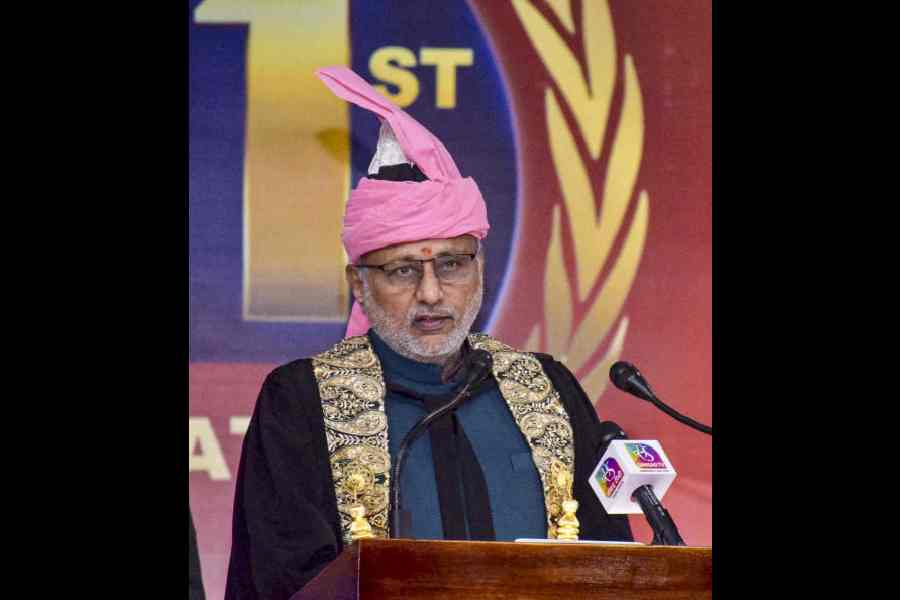Mergers and acquisitions (M&A) and private equity (PE) deals in India surged to a three-year high in February, reflecting strong investor confidence in the country’s macroeconomic outlook, despite concerns over trade tariffs and geopolitical uncertainties.
According to data compiled by Grant Thornton Bharat, there were 226 M&A and PE deals in February, totalling $7.2 billion.
This marks a 67 per cent increase in transaction volume and a 5.4-fold surge in deal value compared with February 2024. It also represents a 14 per cent rise in deal value from January.
Key M&A transactions for the month included ONGC NTPC Green’s acquisition of a 100 per cent stake in Ayana Renewable Power ($2.3 billion), Torrent Group’s 67 per cent stake in Irelia Sports India – Gujarat Titans (approximately $872 million), Praana Group’s full acquisition of Owens Corning Inc’s glass reinforcement business ($755 million), SUN Group’s 100 per cent stake in Northern Superchargers ($104 million), and L&T Finance Ltd’s complete takeover of Paul Merchants Finance Pvt Ltd ($62 million)
On the PE side, major deals included Cube Highways Infrastructure Investment Trust’s funding in two road projects ($487 million), multiple alternative asset management firms investing in Qburst Technologies ($200 million), CapitaLand India Trust’s investment in an office project in Nagawara, Bangalore ($175 million), and investments in Air Akasa ($128 million) by PremjiInvest, Claypond Capital, and 360 ONE Asset.
Among the major deals was Nexus Select Trust’s investment of $106 million in Vega City Mall, Bangalore.
Retail and consumer, IT & IT-enabled services (ITES), banking and financial services, and pharma, healthcare, and biotech were the primary drivers of deal volume, contributing 60 per cent of total transactions. Meanwhile, traditional sectors such as energy and natural resources, media and entertainment, manufacturing, and infrastructure management led in deal value, accounting for 66 per cent of the total.
“Despite global economic uncertainties, including declining foreign investments and concerns over trade tariffs, India’s deal landscape has shown resilience, supported by strong domestic demand,” said Shanthi Vijetha, partner, due diligence, Grant Thornton Bharat.
Analysts expect the union budget 2025 proposals — such as tax incentives for start-ups and MSMEs, increased capital expenditure, and sector-specific initiatives — to further boost deal activity, particularly in manufacturing, energy and natural resources,
infrastructure management, and banking and financial services.











